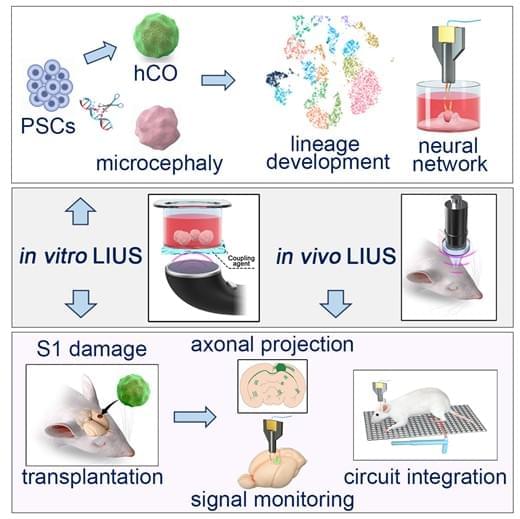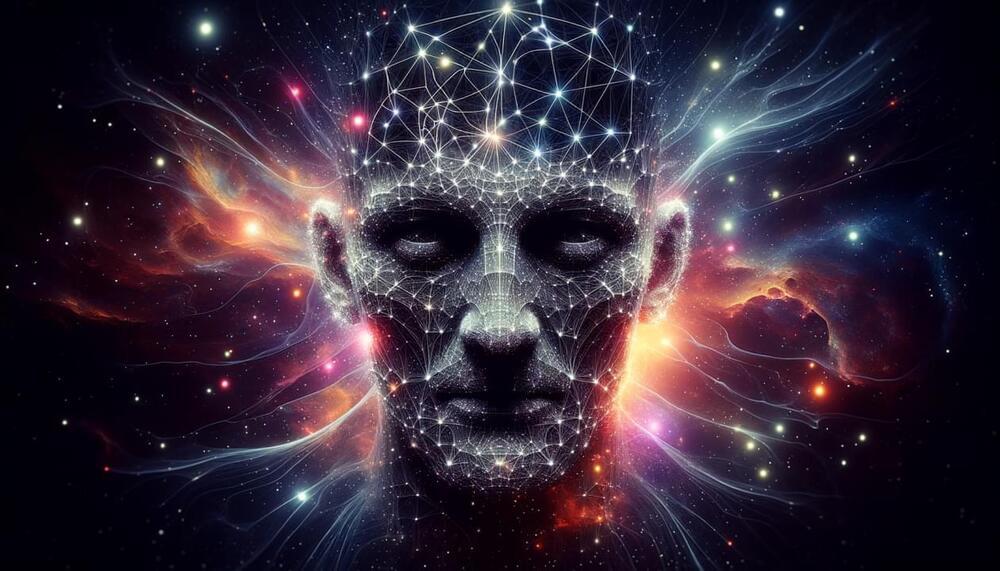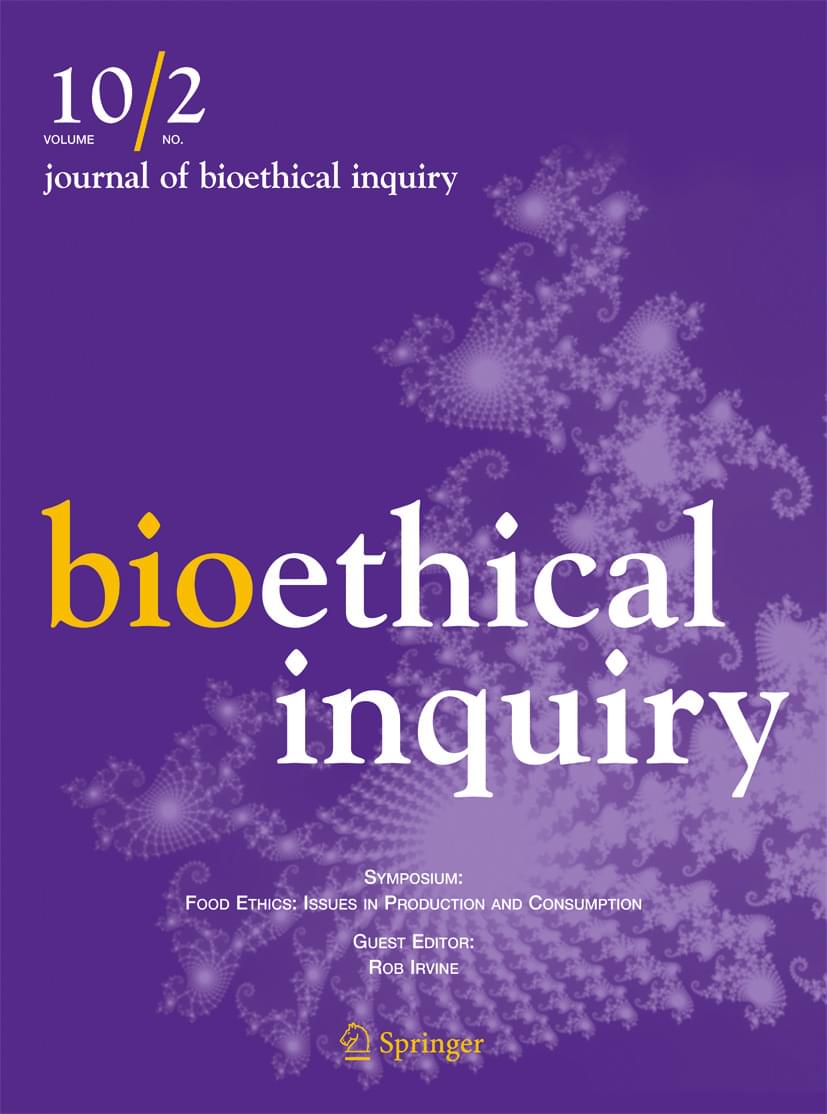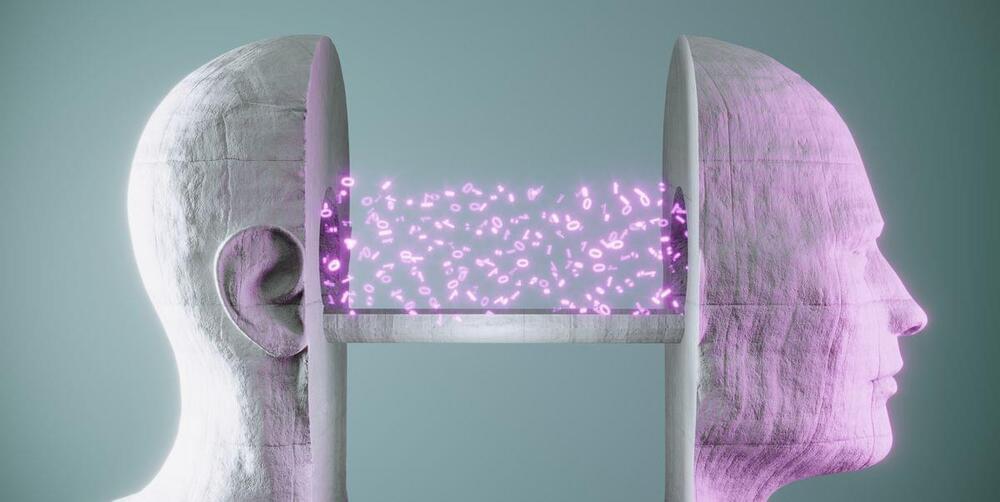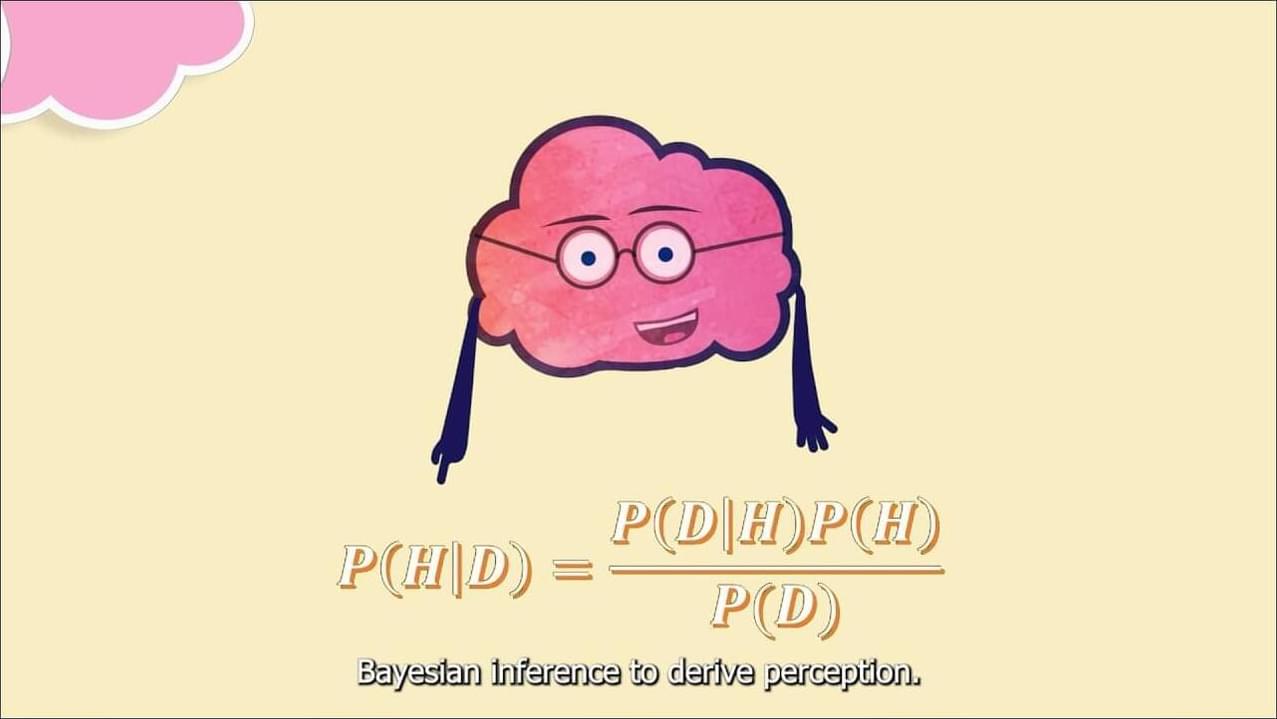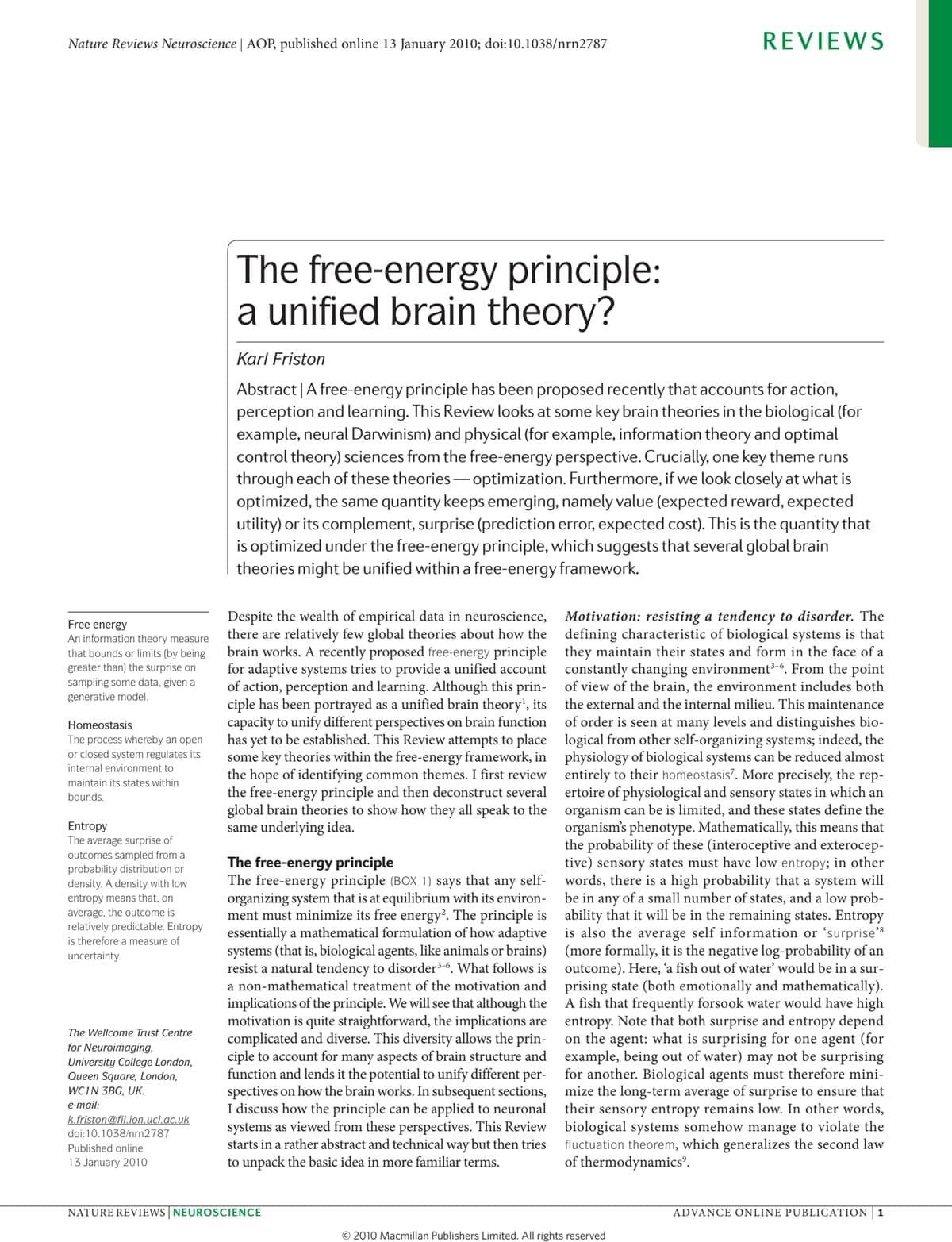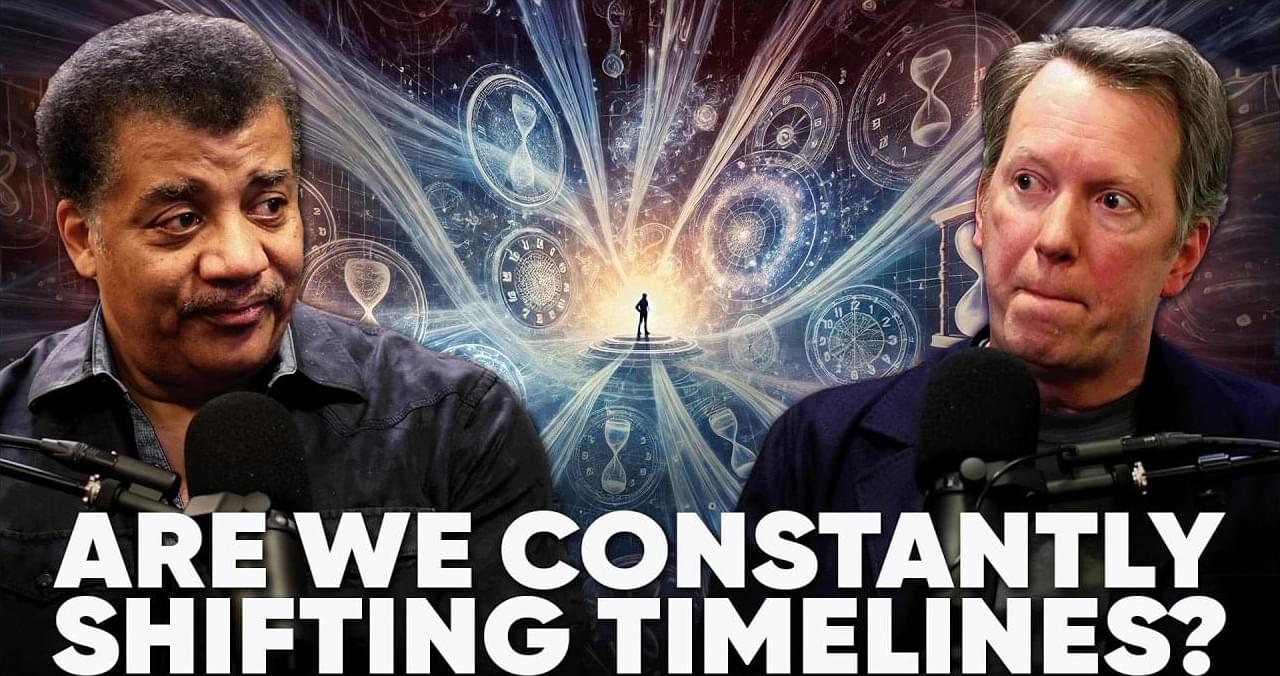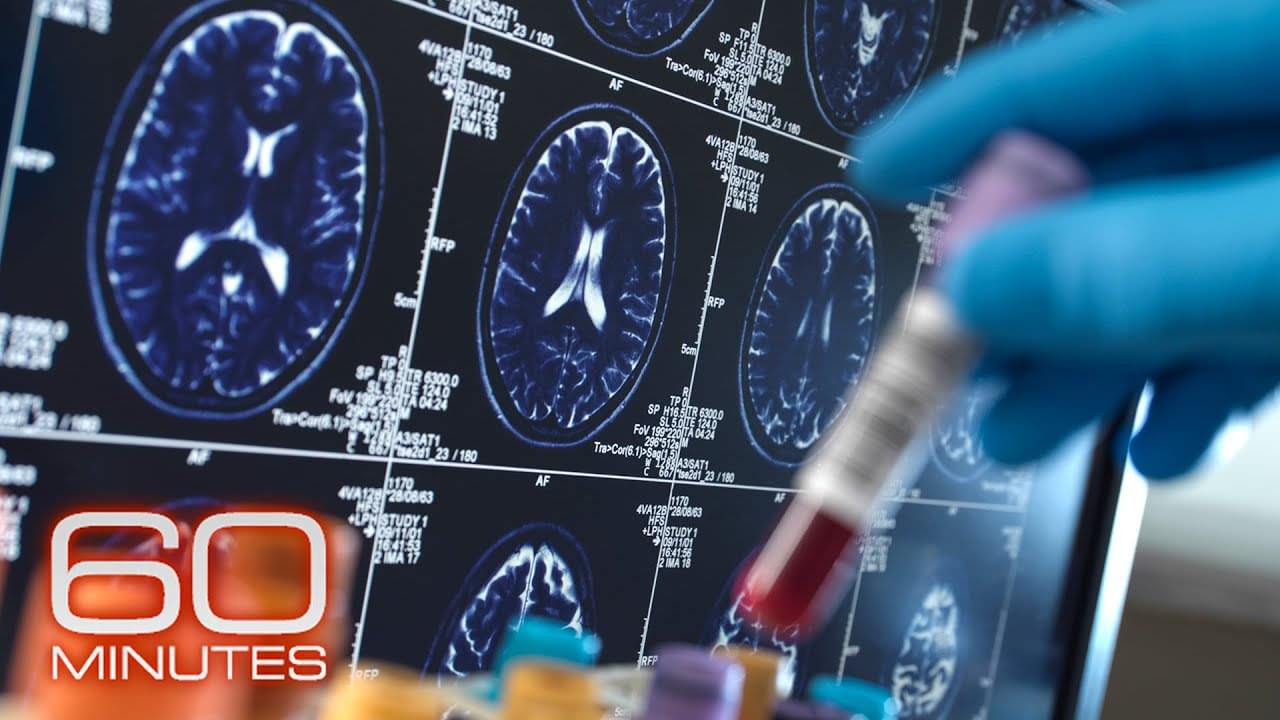Jul 23, 2024
Tissue Nanotransfection Silicon Chip and Related Electroporation-Based Technologies for In Vivo Tissue Reprogramming
Posted by Quinn Sena in categories: biotech/medical, computing, mobile phones, neuroscience
Nanotransfection is very useful and could be used as a way to heal oneself on a smartphone in one touch with cell reprogramming and much more like gene transfer.
Tissue nanotransfection (TNT), a cutting-edge technique of in vivo gene therapy, has gained substantial attention in various applications ranging from in vivo tissue reprogramming in regenerative medicine, and wound healing to cancer treatment. This technique harnesses the advancements in the semiconductor processes, facilitating the integration of conventional transdermal gene delivery methods—nanoelectroporation and microneedle technologies. TNT silicon chips have demonstrated considerable promise in reprogramming fibroblast cells of skin in vivo into vascular or neural cells in preclinical studies to assist in the recovery of injured limbs and damaged brain tissue. More recently, the application of TNT chips has been extended to the area of exosomes, which are vital for intracellular communication to track their functionality during the wound healing process.
